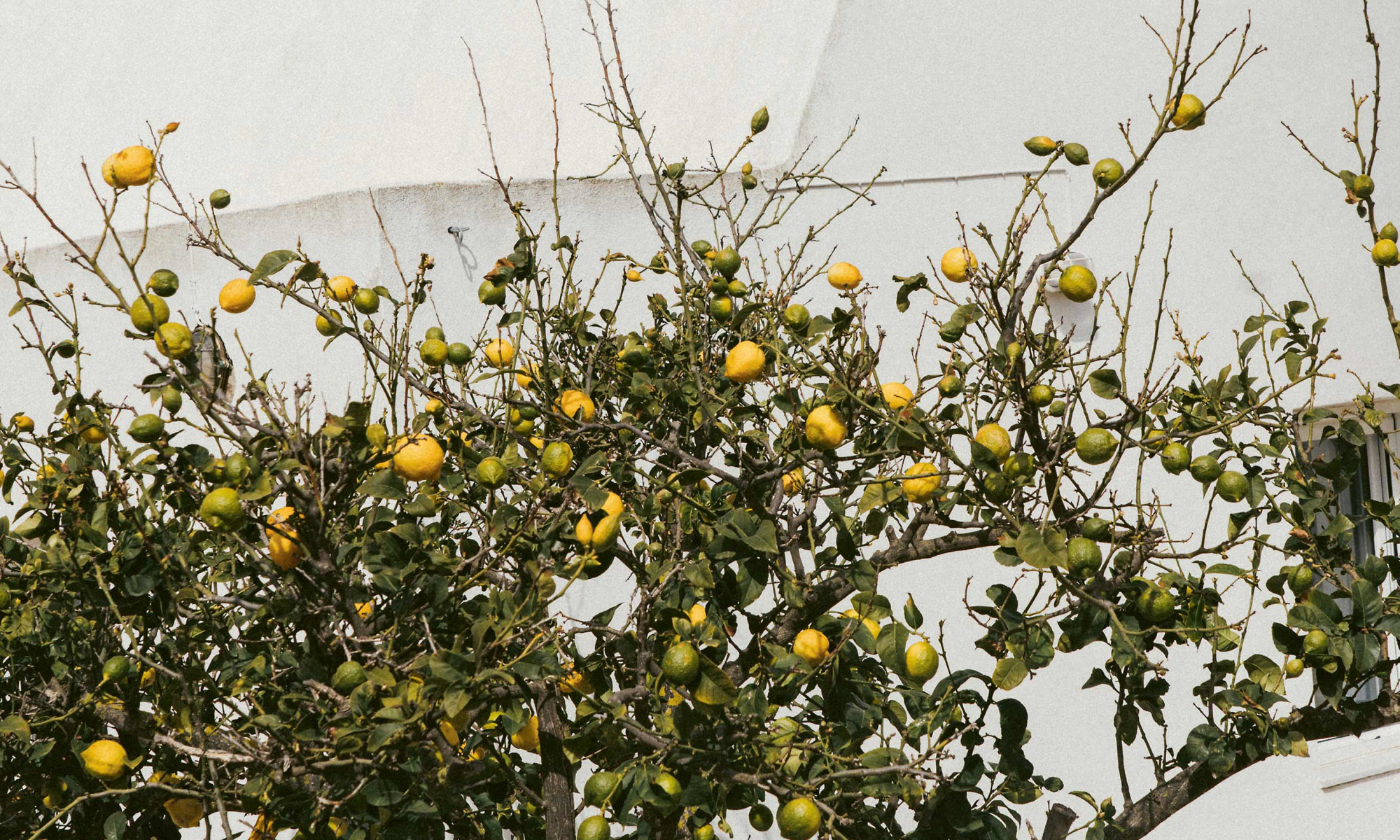The Mediterranean Diet Is Hyped — What Greek Grandmothers Actually Cook
It's simple but time tested.

August 29, 2023 Our editors have independently chosen the products listed on this page. If you purchase something mentioned in this article, we may Yiayia Koula is the strongest female figure I’ve ever known, co-existing with her in this life is one of my biggest blessings. Until her last breath she never stopped impressing me with her determination, fierce attitude, inner peace and unconditional love. Her main love language was preparing food for her family. She was from the Peloponnese, but love brought her to the island of Andros in her late twenties. I spent my first summer with her when I was only a month old. I remember her using her retro cooking utensils from the 1970s, which she would insist were irreplaceable on account of their quality. 
Advertisement
This ad is displayed using third party content and we do not control its accessibility features.
During the summers I never had an alarm, it was the smell of what she was cooking in the mornings that would always wake me up and bring me straight to the small traditional kitchen she had. She taught me how to forage, harvest and prepare my own capers, how to cultivate vegetables and how to make sure every year we have enough chickens for our own eggs. She was obsessed with her lemon tree, which she planted when I was born. I knew that one of my daily tasks would be to collect the eggs in the morning and cut a few lemons for her that she would then use for our meals, like this kotopoulo lemonato. After her passing I’ve probably never eaten or will ever eat food that has been prepared with so much love.YiaYia Koula’s Kotopoulo Lemonato (Lemon Roast Chicken) From Andros
Born Peloponnese, 1930
Dedication by Melina Giolva, co-founder of Zymi baked snacks
Serves 4
Advertisement
This ad is displayed using third party content and we do not control its accessibility features.
Ingredients
To Serve
Advertisement
This ad is displayed using third party content and we do not control its accessibility features.
Directions
This is an edited extract from Yiayia by Anastasia Miari, published by Hardie Grant Books. Available in stores nationally, RRP $55.00. Photography by Marco Arguello.
Advertisement
This ad is displayed using third party content and we do not control its accessibility features.

 FrankLin
FrankLin 
































